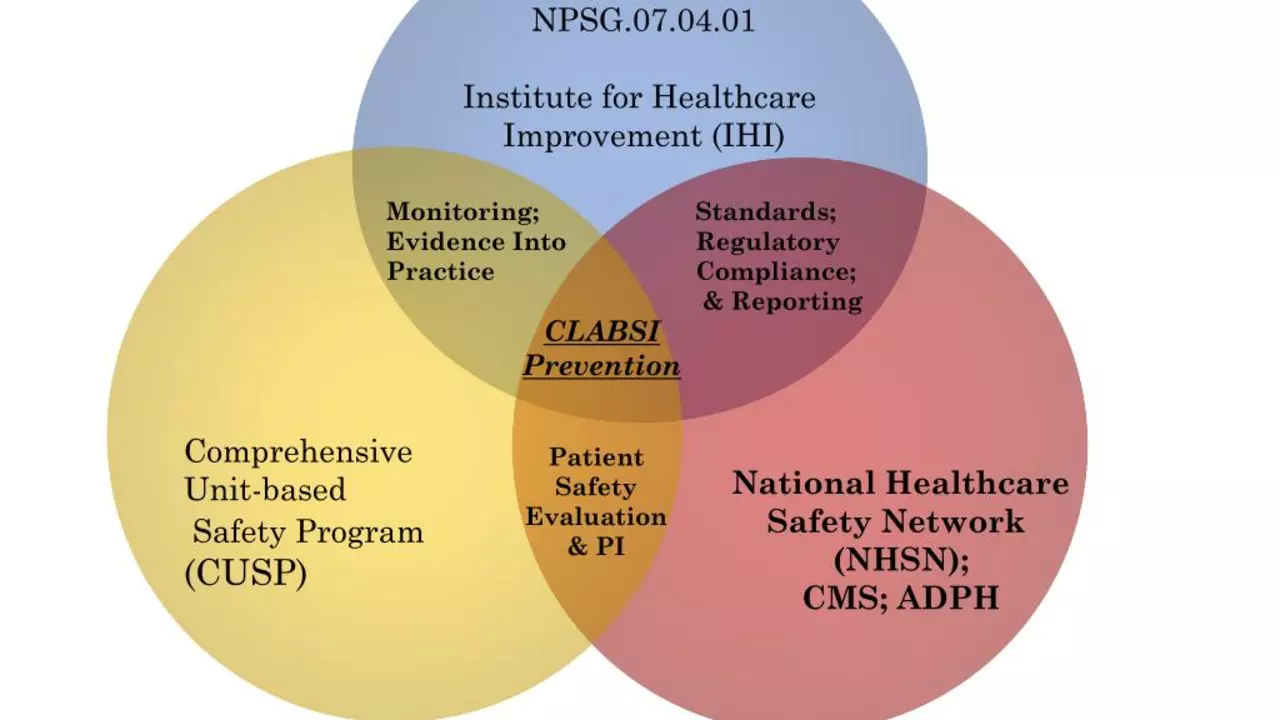Understanding Amebiasis: What Is It?
Amebiasis is an infection caused by a parasite called Entamoeba histolytica. This parasite can live in the human gut without causing any symptoms, but in some cases, it can lead to severe disease. Amebiasis is most common in tropical regions where sanitation is poor. The symptoms of amebiasis can vary greatly, from mild diarrhea to severe dysentery with blood and mucus in the stool. If not treated properly, the parasite can spread to other organs, most commonly the liver, and cause potentially life-threatening complications.
Importance of Hygiene: Hand Washing Is Key
One of the most effective ways to prevent amebiasis is to practice good hygiene, particularly regular and thorough hand washing. This is because the parasite is often spread through contaminated hands. Use soap and clean, running water to wash your hands, especially before and after using the toilet and before preparing or eating food. If soap and water aren't available, use a hand sanitizer with at least 60% alcohol. However, remember that hand sanitizers aren't as effective if your hands are visibly dirty.
Safe Food and Water: Be Aware of What You Consume
Another important prevention strategy is to be cautious about what you eat and drink. The parasite can be transmitted through contaminated food and water. Always make sure that your food is cooked thoroughly and served hot. Avoid raw fruits and vegetables unless you can peel them yourself. If you're traveling in a region where amebiasis is common, avoid tap water and ice cubes, and stick to bottled or treated water instead.
Vaccination and Medical Prevention: Keep Up with Your Shots
While there's currently no vaccine for amebiasis, there are other medical precautions you can take. If you're traveling to a region where the disease is common, talk to your doctor about taking antiparasitic medication as a preventive measure. If you're diagnosed with amebiasis, make sure to take the prescribed medication exactly as directed, even if your symptoms improve before you finish the course of treatment. This is to ensure that all the parasites are killed and to prevent a relapse.
Environmental Sanitation: Clean Surroundings, Healthy Living
Improving sanitation in your environment is another crucial step in preventing amebiasis. This includes safe disposal of human waste and protecting water sources from contamination. If you're in a region with poor sanitation, be extra cautious about personal hygiene and food and water safety. It's also important to educate others about the disease and its prevention, especially in communities where amebiasis is common.
Regular Check-ups: Stay One Step Ahead
Last but not least, regular check-ups are essential, especially if you live in or have traveled to an area where amebiasis is common. Regular stool tests can help detect the disease early, before it causes serious complications. Remember, early detection and treatment are key to preventing the spread of amebiasis.
By following these strategies, you can significantly reduce your risk of amebiasis and ensure a healthy, disease-free life.






Jillian Fisher
July 6, 2023 AT 20:40Washing hands after using the bathroom feels so basic, but maybe that’s exactly why it works.
Rachel Marco-Havens
July 7, 2023 AT 14:33Its not rocket science but most people act like its a conspiracy that they have to wash their hands
Kathryn Conant
July 7, 2023 AT 17:48j jon
July 8, 2023 AT 07:38Jules Tompkins
July 8, 2023 AT 22:50Wiley William
July 9, 2023 AT 07:29Richard H. Martin
July 9, 2023 AT 08:22Vishnupriya Srivastava
July 9, 2023 AT 23:03Dale Yu
July 10, 2023 AT 05:07Washing hands doesn't matter if your soul is dirty
Kshitij Nim
July 10, 2023 AT 23:39Scott Horvath
July 11, 2023 AT 03:28also i forgot to wash my hands once and i paid for it for a week lol
Armando Rodriguez
July 12, 2023 AT 02:33jennifer sizemore
July 12, 2023 AT 04:51